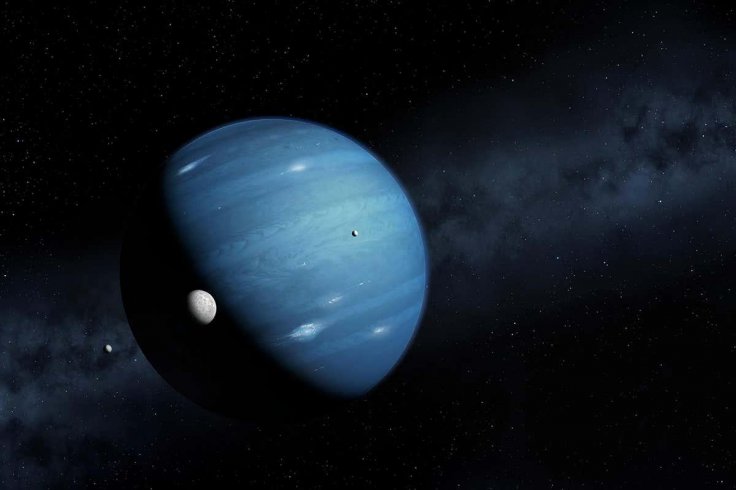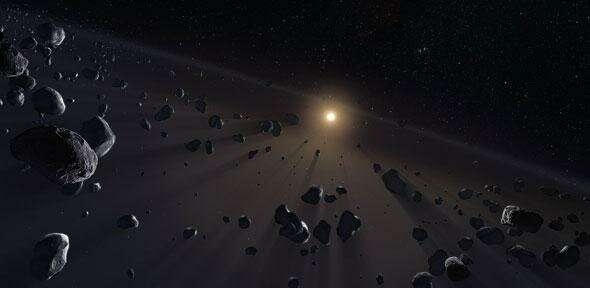A recent study by a team of scientists collaborating from China, France, and the United States has revealed that the solar system might have a giant planet that may soon take Pluto's position as the ninth planet.
The existence of the hypothetical planet was first hinted by unusually regular orbital patterns observed in the Kuiper belt that extends till the outer edge of the solar system and houses dwarf planets like Pluto and Eris.
According to the researchers, when the evolution of the solar system was taking place, this giant planet may have been "rapidly ejected" from its orbit around the sun and remained in the Kuiper belt until its discovery today.

By experimenting with almost 14,000 simulations of the early solar system to trace its evolution as to how it looks today, the scientists deduced an "early instability" in the orbits of Jupiter, Saturn, Uranus, Neptune and the hypothetical Ninth Planet, as reported by Salon.com
The team believes that back in the day these gas giants might have been closer to the "proto-Sun," before the gases merged into the sun and set off "strong fusion reactions" that exuded gas and dust outwards. This according to the study might have prompted a rather abrupt and frenzied shift in the previous orbits of the aforementioned planets.
Professor Seth Jacobson of Michigan State University, one of the study authors, called the simulation a "universal source of planetary instability in the galaxy."
He went to further explain that, while the existence of planetary system instabilities have already been confirmed by exoplanet astronomers in majority of gas giant systems as well as super-earth systems, this study has proved extremely helpful in concluding that our solar system might also fall in the same category.

The simulations also pointed out that before the sun started pressuring the planets outwards, during the early evolution days, these gas giants had very circular and regular orbits at regular intervals from the nascent star.
This is not the first time scientists pondered on the emergence of a hypothetical planet. Neptune was the first planet discovered by deliberate studies conducted on orbits of other bodies in the solar system. This was coupled with telescope observations and mathematical calculations.
The study titled Early Solar System Instability Triggered by Dispersal of the Gaseous Disk was published in the Nature Journal on 27 April, 2022.









